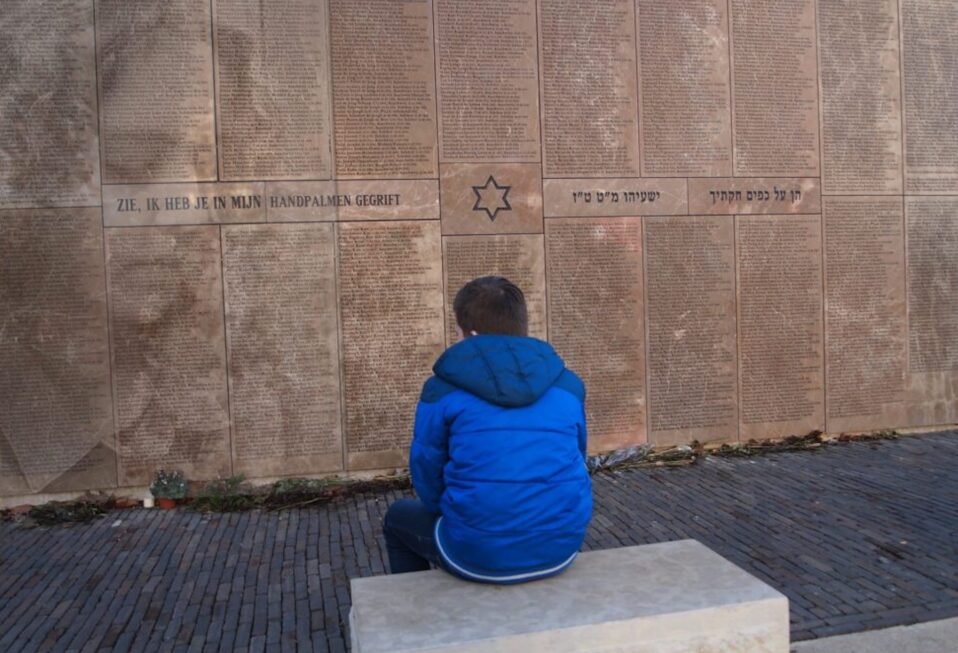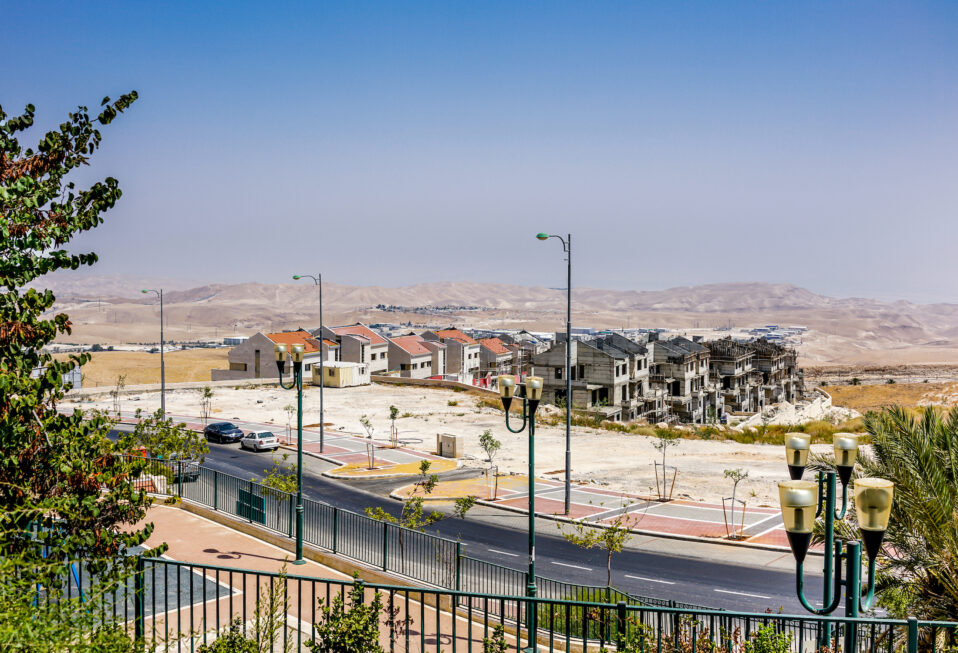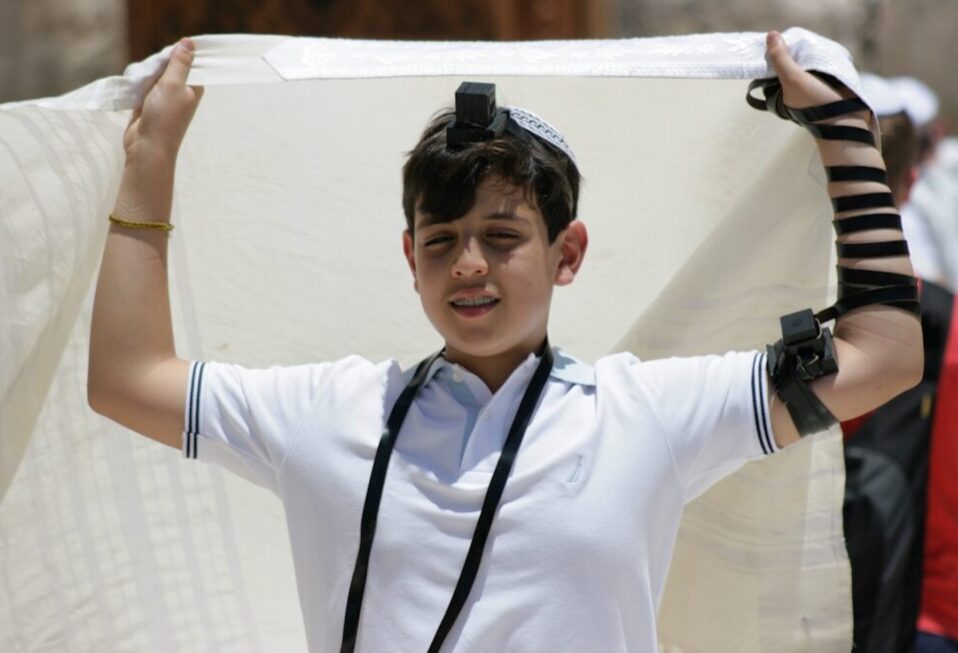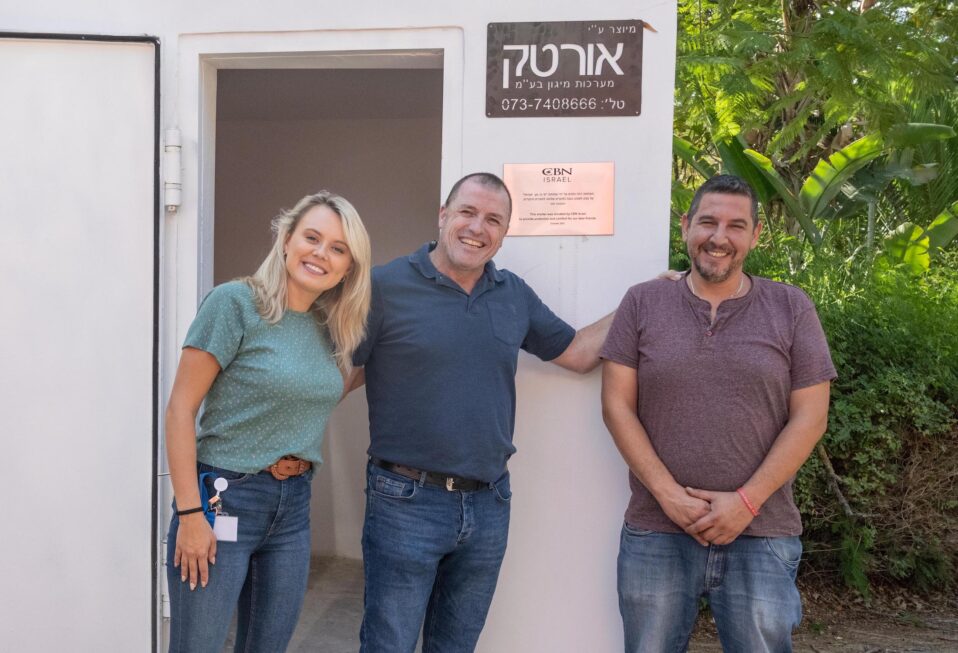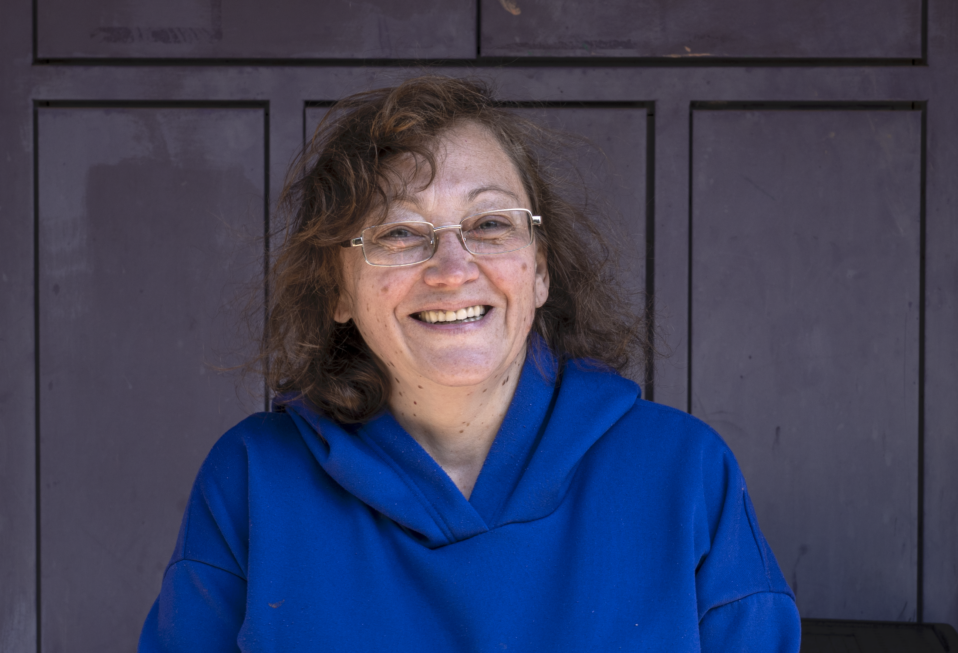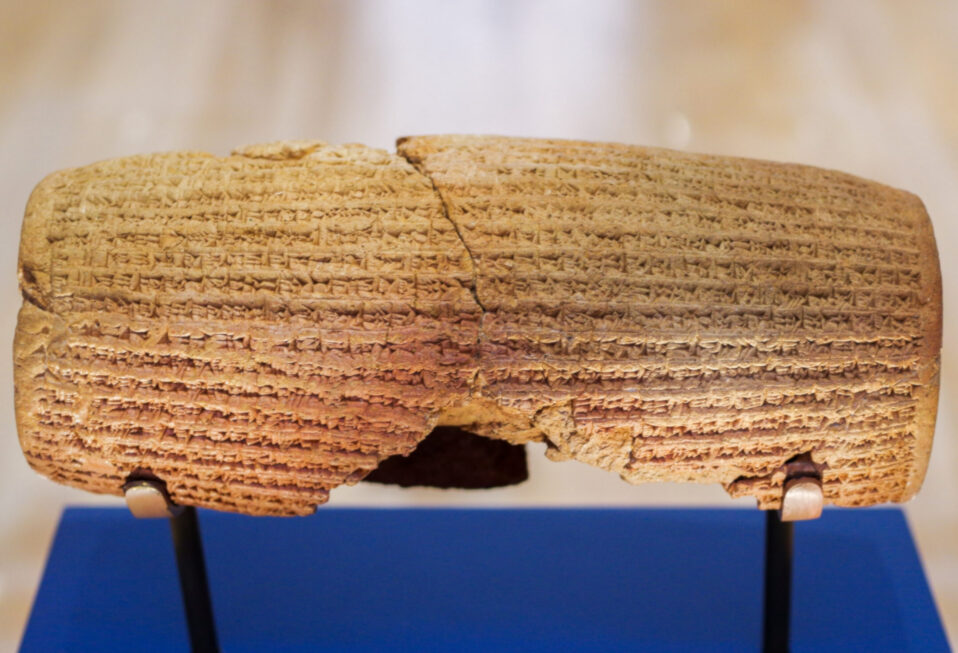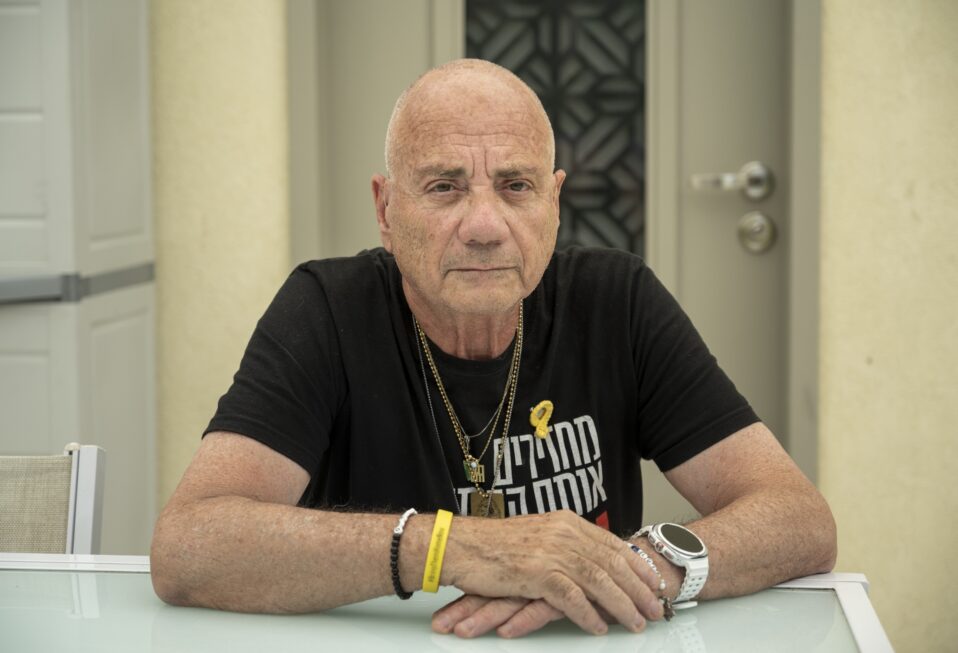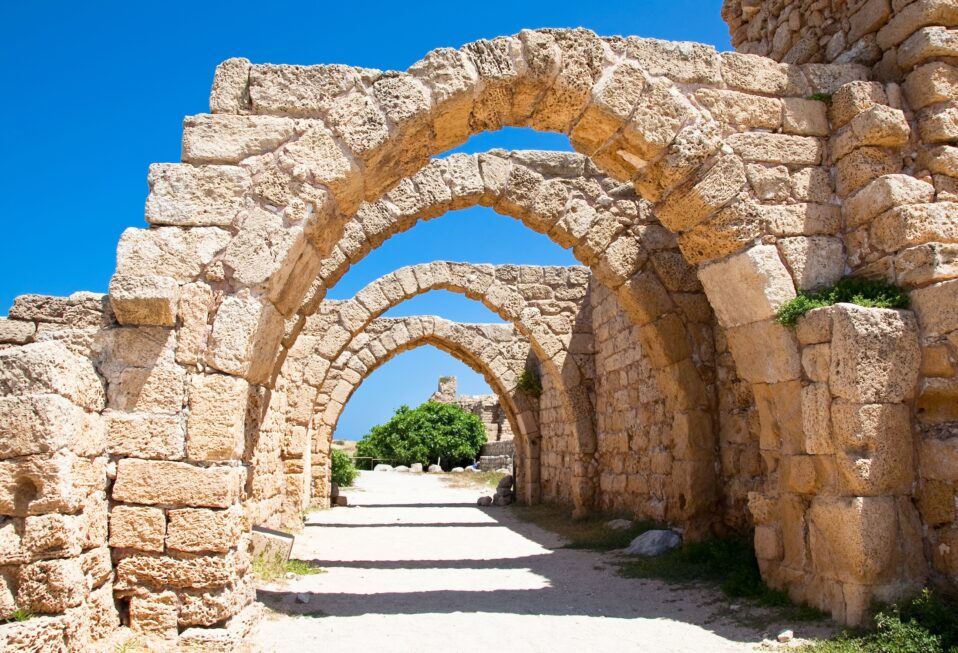By Arlene Bridges Samuels
Undeterred by recent bloodshed, Christian lovers of Israel walk with wonder in Jesus’ footsteps. In those footsteps, they also enhance the Israeli economy as they patronize hotels, restaurants, public transportation, and souvenir shops—businesses large and small, benefitting both Jews and Arabs.
Despite rising hostilities and violence within Israel between Jews and Palestinians, I am aware of at least four current Christian tour groups, led by pastor friends and others, who have slated visits on their 2023/24 calendars. These tourists represent a simultaneous escalation of Good News and support from evangelicals.
To enhance their understanding of this region, in the last 15 years evangelicals have added the borders of Gaza, Lebanon, and Syria to their itineraries. They step off tour buses eager to hear a briefing by an Israeli security expert—while standing in Israel overlooking Iran’s terror proxies only yards away. This area serves as an important location for gathering facts and sending up prayers. Having traveled to Israel upwards of 25 times now, I treasure each trip and always learn more about the world’s only Jewish nation.
Biblical Judea and Samaria are called the “West Bank” by most media in referring to the Jordan River’s west bank. However, the God of Abraham, Isaac, and Jacob calls it His land in Leviticus 25:23: “The land is the Lord’s land, and it is His to assign and dispose of.” In Deuteronomy 32:43, God declares a special message for us non-Jews: “Rejoice, O Gentiles, with His people. … He will provide atonement for His land and His people.” Clearly, the God of Abraham, Isaac, and Jacob did not forget us. He grafted Gentiles onto the ancient olive tree, nourished by its Jewish roots through our Savior, a Jew, the only Son of God born into the earthly Jewish culture.
Indeed, for evangelicals God’s repeated words in Scripture are obviously what we hold in the highest esteem. Nevertheless, it is vital that we understand some facts on the ground to better articulate our advocacy for this Jewish country.
Regarding Jews who live in Judea, Samaria, or the West Bank (what some call “Occupied Palestine”), let us explore the nomenclature of “settlers” and “citizens” through the lens of two heartbreaking murders that were carried out just days ago, on Sunday February 26.
A traffic jam turned into a terrorist “opportunity” to murder two brothers—Hallel Yaniv, 21, and Yagel Yaniv, 19—who lived in Har Bracha in Samaria. A Palestinian shot the brothers dead, scattering bullets into their car during the traffic jam on Highway 60 near the town of Huwara, home to 7,000 Arabs. Route 60 runs through Huwara to the turnoff to Har Bracha. The mainstream media are calling Har-Bracha a “settlement,” while referring to Huwara as a “town.” In modern terms, Har Bracha is 40 years old and situated on Mount Gerizim in Samaria (Shomron in Hebrew). It is a religious community with a population now exceeding 2,000, with some 350 Jewish families and growing. Herein lies part of my point.
In today’s Israel, to me the word “settlement” implies “poaching” and “temporary” with no connection to the 3,000-year-old Jewish homeland. I have visited many Israeli “settlements” that are towns of varying sizes. Businesses, schools, medical facilities, grocery stores, and synagogues line the streets. If you live in a small U.S. town or in the suburbs of any American city, this kind of place is easy to visualize, where much of what you need for daily life is near your home.
Mount Gerizim, where the town of Har Bracha is located, is mentioned in Deuteronomy 11:29. “When God your Lord brings you to the land which you are about to occupy, you must declare the blessing on Mount Gerizim.” Today, Har Bracha is known for its Torah-honoring lifestyle. It enjoys public and religious schools, businesses, community services, a library, pizza shop, clothing store, day-care centers, six kindergartens, and flourishing vineyards that create a successful winery. Har Bracha is blessed with about 1,000 children, ranging from newborns to 18-year-olds. But as of Monday, February 27, two of its native sons who served in the Israeli Defense Forces are buried on Mount Herzl, Israel’s national military cemetery.
“There are no words to describe such a disaster. Instead of taking children to the [marriage] chuppah, we bury them.” The anguished words of Yagel and Hallel’s mother, Esti Yaniv, reflect the emotions of too many Israeli parents whose sons and daughters have died in military service. “We have a huge hole in our hearts. Nothing will ever fill this hole—not construction, not protests, nothing.”
On Israel’s Memorial Day in 2022 (Yom HaZikaron), 24,068 names were remembered, engraved on the hearts of all who loved them. Terror victims are also recognized—4,2016 in 2022. Sadly, more names will appear on Yom HaZikaron the evening of Monday, April 24, until the evening of Tuesday, April 25, 2023.
In Israel’s Six-Day War (June 5–10, 1967), despite being beset by the combined might of Egyptian, Jordanian, and Syrian armies, Israel’s military miraculously reunited east Jerusalem with west Jerusalem. They won back Judea and Samaria, their ancient heartland, which Jordan had occupied along with east Jerusalem in the aftermath of Israel’s 1948 War of Independence.
Under Jordanian rule, they outlawed Jews from their holiest sites, the Temple Mount and Western Wall (Kotel). Isaiah 66:8 eloquently describes Israel’s modern-day victory: “Who has ever heard of such things? Who has ever seen things like this? Can a country be born in a day, or a nation be brought forth in a moment? Yet no sooner is Zion in labor than she gives birth to her children.”
Upwards of 500,000 Jews now populate Judea and Samaria—approximately 5% of Israel’s Jewish population. According to a list of various towns in Judea/Samaria, 2019 shows Ariel with a population of 120,456 and Shiloh with 4,783. Simply looking at these numbers and names helps make my case for the rights of Israelis to live in their biblical heartland. After all, Shiloh was for 369 years the location of the Tabernacle containing the Ark of the Covenant prior to Solomon’s Temple, the First Temple built circa 990–931 B.C.E.
Vested with a 3,000-year-old land deed, the Bible is the most popular document in world history. I contend that the so-called West Bank belongs to Jews as the rightful residents. Citizens of Israel, these people are productive, proud, and brave to live in their biblical heartland amid the opposition of the Palestinian Authority and most of the world.
Israelis are not attempting to kick Palestinians out of towns and villages. They simply want peace.
Settlers? Settlements? Let us delete those descriptions from our vocabulary and replace them with “citizens” and “Israel’s biblical heartland.”
Please join CBN Israel this week in prayer for the nation and people of Israel:
- Pray for all Israeli families and friends who have lost loved ones in terrorist murders during January and February.
- Pray for wisdom for Prime Minister Netanyahu, who is attempting to manage the multiple crises surrounding him.
- Pray for the Israel Defense Forces who serve on the frontlines in Judea and Samaria to quell the violence.
- Pray for media to report fairly and factually—not inflaming even more violence.
Arlene Bridges Samuels pioneered Christian outreach for the American Israel Public Affairs Committee (AIPAC). After she served nine years on AIPAC’s staff, International Christian Embassy Jerusalem USA engaged her as Outreach Director part-time for their project, American Christian Leaders for Israel. Arlene is an author at The Blogs-Times of Israel, a guest columnist at All Israel News, and has frequently traveled to Israel since 1990. She co-edited The Auschwitz Album Revisited and is a volunteer on the board of Violins of Hope South Carolina. Arlene has attended Israel’s Government Press Office Christian Media Summit three times and hosts her devotionals, The Eclectic Evangelical, on Facebook.





